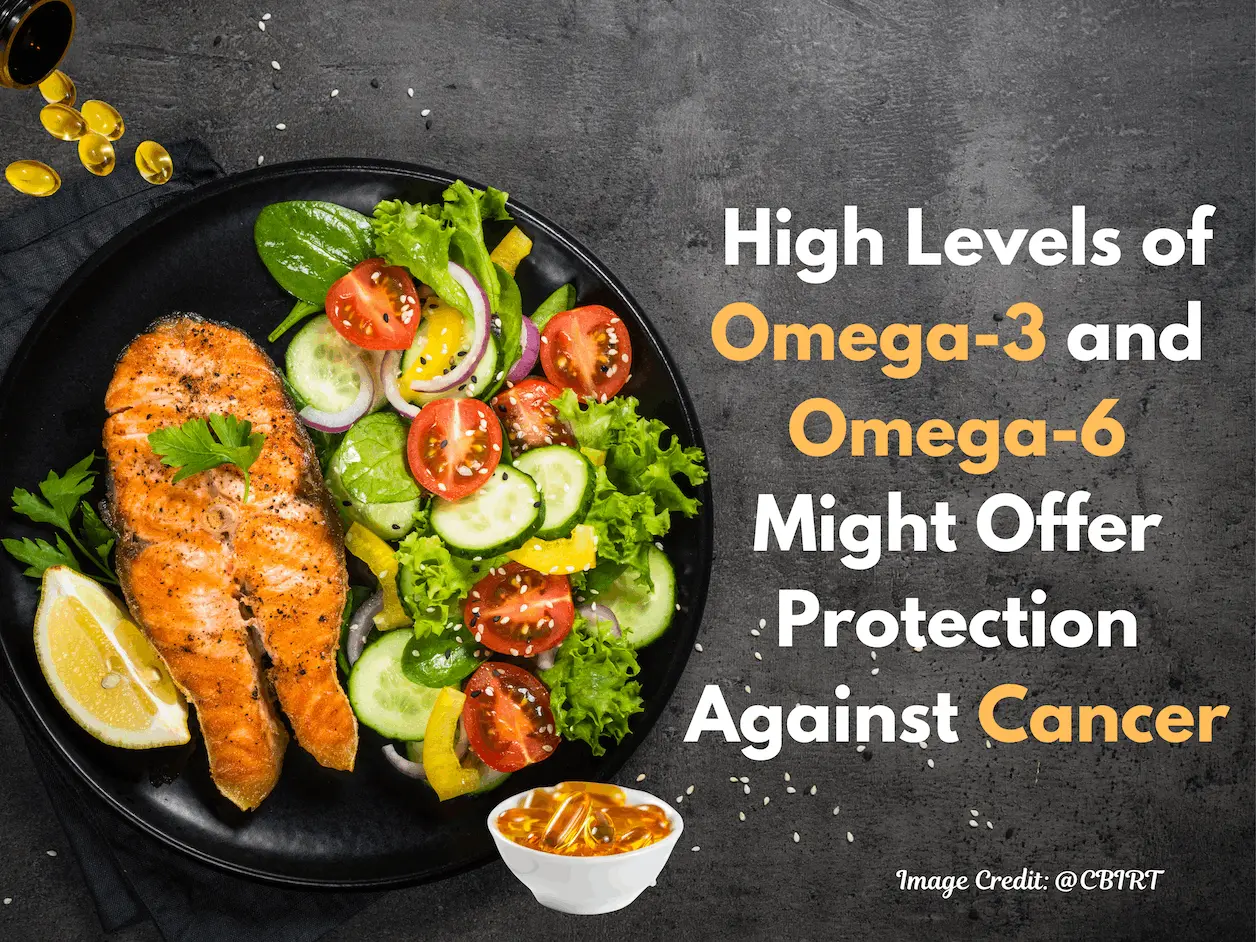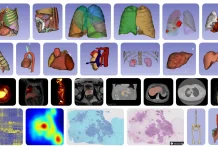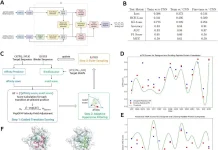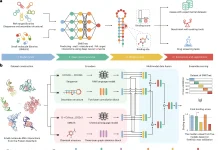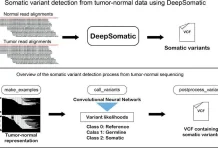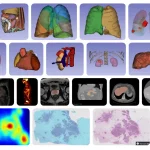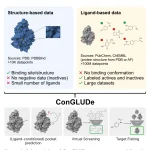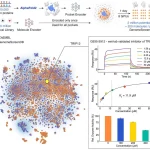A groundbreaking new research from the University of Georgia unveils that omega-3 and omega-6 fatty acids may play an integral role in cancer prevention, adding to their already impressive list of health benefits. The researchers analyzed the data from moreover 250,000 UK Biobank participants to provide convincing evidence for increasing the intake of these essential nutrients.
Key Findings
The study tracked participants for a period of more than a decade, during which around 30,000 participants developed cancer. It presents a robust analysis of plasma levels of omega-3 and omega-6 and their relationship with cancer incidence. The findings revealed significant protective associations:
Overall Cancer Risk:
- Both polyunsaturated fatty acids showed inverse associations with overall cancer risk
- Nearly 30,000 participants developed some form of cancer during the study period
- The research examined 19 site-specific cancers
Omega-3 Benefits:
- Lower rates of colon cancer
- Reduced risk of stomach cancer
- Decreased lung cancer incidence
- Protection against various digestive tract cancers
Omega-6 Impact:
- Protection against 14 different cancer types, including:
- Brain cancer
- Malignant melanoma
- Bladder cancer
Understanding the Research
While previous studies on polyunsaturated fatty acids and cancer have been inconclusive, this research stands out due to:
- The extensive UK Biobank dataset of over 250,000 participants
- Long-term follow-up period
- Comprehensive analysis of plasma levels rather than just dietary intake
- Examination of both overall cancer risk and 19 site-specific cancers
Importantly, the protective effects remained consistent regardless of other risk factors such as:
- Body Mass Index (BMI)
- Alcohol consumption
- Physical activity levels
Sources and Supplementation
These “healthy fats” can be obtained from various sources:
- Fatty fish
- Nuts
- Plant oils (including canola oil)
Since many of us don’t get enough of it from our diet, fish oil supplements have gained popularity as a substitute. Other well-known health advantages of these supplements include:
- Cholesterol reduction
- Heart disease prevention
- Brain health support
- Mental health improvement
Important Considerations
The research presents several crucial considerations:
- Gender-Specific Effects:
- Women showed clear benefits across the board
- Men should note the positive association between omega-3 levels and prostate cancer risk
- Individual risk assessment with healthcare providers is recommended
- Age-Related Impact:
- Younger participants, especially women, showed stronger beneficial effects from omega-6.
Moving Forward
This comprehensive analysis strengthens our understanding of how polyunsaturated fatty acids influence cancer risk. The evidence from the UK Biobank data provides more conclusive insights than previous epidemiological studies, offering clearer guidance for public health recommendations.
For women, the evidence strongly supports increasing omega-3 intake, while men may need to weigh the benefits and risks more carefully, particularly regarding prostate cancer risk. The study emphasizes that nutrition’s role in cancer prevention continues to be an important area of research, offering promising pathways for reducing cancer risk through dietary choices.
Future research may help clarify the mechanisms behind these protective associations and potentially lead to more targeted recommendations based on individual risk factors and cancer types.
Article Source: Reference Paper | Reference Article
Disclaimer:
The research discussed in this article was conducted and published by the authors of the referenced paper. CBIRT has no involvement in the research itself. This article is intended solely to raise awareness about recent developments and does not claim authorship or endorsement of the research.
Follow Us!
Learn More:
Dr. Tamanna Anwar is a Scientist and Co-founder of the Centre of Bioinformatics Research and Technology (CBIRT). She is a passionate bioinformatics scientist and a visionary entrepreneur. Dr. Tamanna has worked as a Young Scientist at Jawaharlal Nehru University, New Delhi. She has also worked as a Postdoctoral Fellow at the University of Saskatchewan, Canada. She has several scientific research publications in high-impact research journals. Her latest endeavor is the development of a platform that acts as a one-stop solution for all bioinformatics related information as well as developing a bioinformatics news portal to report cutting-edge bioinformatics breakthroughs.
- Dr. Tamanna Anwar
- Dr. Tamanna Anwar
- Dr. Tamanna Anwar
- Dr. Tamanna Anwar
- Dr. Tamanna Anwar
- Dr. Tamanna Anwar
- Dr. Tamanna Anwar
- Dr. Tamanna Anwar
- Dr. Tamanna Anwar
- Dr. Tamanna Anwar
- Dr. Tamanna Anwar
- Dr. Tamanna Anwar
- Dr. Tamanna Anwar
- Dr. Tamanna Anwar
- Dr. Tamanna Anwar
- Dr. Tamanna Anwar
- Dr. Tamanna Anwar
- Dr. Tamanna Anwar
- Dr. Tamanna Anwar
- Dr. Tamanna Anwar
- Dr. Tamanna Anwar
- Dr. Tamanna Anwar
- Dr. Tamanna Anwar
- Dr. Tamanna Anwar
- Dr. Tamanna Anwar
- Dr. Tamanna Anwar
- Dr. Tamanna Anwar
- Dr. Tamanna Anwar
- Dr. Tamanna Anwar
- Dr. Tamanna Anwar
- Dr. Tamanna Anwar
- Dr. Tamanna Anwar
- Dr. Tamanna Anwar
- Dr. Tamanna Anwar
- Dr. Tamanna Anwar
- Dr. Tamanna Anwar
- Dr. Tamanna Anwar
- Dr. Tamanna Anwar
- Dr. Tamanna Anwar
- Dr. Tamanna Anwar
- Dr. Tamanna Anwar

